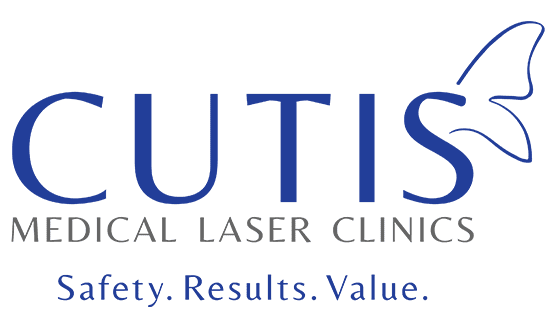Everywhere you turn, every time you read the paper, whenever you meet a friend, you hear about the latest and the greatest skin care products that promise to make you look better. How do you know which ones to believe and which ones are right for you? Its easy to spend a lot of time and money trying different skin care products. In this article, we present a practical guide to common ingredients in skin care products and how to evaluate whether these are right for you.
Before you buy any skin care products from a beauty counter, think about the following questions:
- What is your skin type? Do you have oily skin that is prone to whiteheads, blackheads or pimples? Or do you have dry or combination skin? Your skin type may impact on the type of products that suit your needs.
- Do you have specific skin concerns, such as acne, sun spots,or melasma? Or so you have fine lines or wrinkles, or large pores? Or do you have dark circles under your eyes or eye bags? These and other skin concerns may require specialized skin care products or treatments
- What lifestyle habits do you have that may impact on your skin condition? Do you engage in outdoor sports that require you to pay particular attention to sun protection? Are you a smoker?
These and other factors can influence the approach to taking care of your skin. Here are some of the ingredients that you may already have heard before. It is important to know exactly what these ingredients do to your skin.
- Retinoids (Vitamin A): Many over-the-counter skin care products contain retinol, which is a form of Vitamin A. A stronger form is tretinoin (brand name Retin-A), which is available by prescription only. Variations in the form of Vitamin A impact on their effectiveness, and risk of side effects. But as a whole, clinical studies demonstrate several benefits to the use of retinoids including improvement in skin texture and skin tone. Some forms of retinoids are also used in the treatment of acne. Because there may be side-effects to the use of retinoids, talk to your doctor about these products. It is especially important to do so if you are pregnant or are trying to get pregnant.
- Hydroxy Acids: Many over the counter skin care products and chemical peels contain alpha-hydroxy acids (glycolic or lactic acid) or beta-hydroxy acids (salicylic acid). These acids have an exfoliative effect on the skin so that the dull, irregular layer of the top surface is gently sloughed off over time. These ingredients may improve the texture and color of the skin. In addition, salicylic acid is able to penetrate the sebum in the poors and may be useful in the management of acne. Side-effects of these acids include mild irritation and sensitivity to the sun. So it is particularly important to apply sunscreen when you are using these products.
- Depigmenting Agents (Hydroquinone, Kojic Acid and others): Pigments such as freckles, age spots or melasma are among the most common skin concerns. Depigmenting agents or “lightening” agents may lighten hyperpigmentation over several months. The most common and strongest lightening agent is hydroquinone, which is currently available in Singapore only as a prescription cream. One alternative lightening agent is kojic acid, which has a similar effect as hydroquinone but is available in over the counter products.
- Anti-oxidants (Vitamin C, Vitamin E, Idebenone and others): Anti-oxidants are thought to protect against harmful environmental effects including ultraviolet radiation, smoking, cigarette smoking, diet, and others. Studies suggest that anti-oxidants may prevent aging and sun damage. There are many forms of anti-oxidants that can be used individually or in combination. These include idebenone (which clinical studies suggest may improve irregular skin tone and other signs of aging), Vitamin E (which has been used to treat many skin conditions), and Vitamin C (which has actually been shown to stimulate collagen synthesis). In choosing a Vitamin C product, ask your doctor about one that works for you. Vitamin C is highly unstable, and if not formulated properly, may not make a difference.
- Other ingredients (Copper peptide, Growth Factors and others): Copper peptide appears to promote collagen and elastin production, and studies suggest that it also improves the body’s ability to repair tissue injury. Products that contain topical epidermal growth factor have also been shown to improve the healing of wounds. For these reasons, it is thought that products that contain copper peptide or epidermal growth factor may help in improving photoaged skin.
The bottom line: Many ingredients may benefit your skin, on the other hand, some formulations may not be right for you. Some products are quite pricy, so take time in educating yourself or in speaking to a doctor to help identify skin care products that suite your skin type and that are effective in their claims.
- If you would like to be an informed patient, please contact us at +65-6801-4000 or
hello@cutislaserclinics.com. - Cutis Medical Laser Clinics, 9 Scotts Road Pacific Plaza, Scotts Medical Center #08-07, Singapore – 228210
+65-6801-4000 - hello@cutislaserclinics.com
